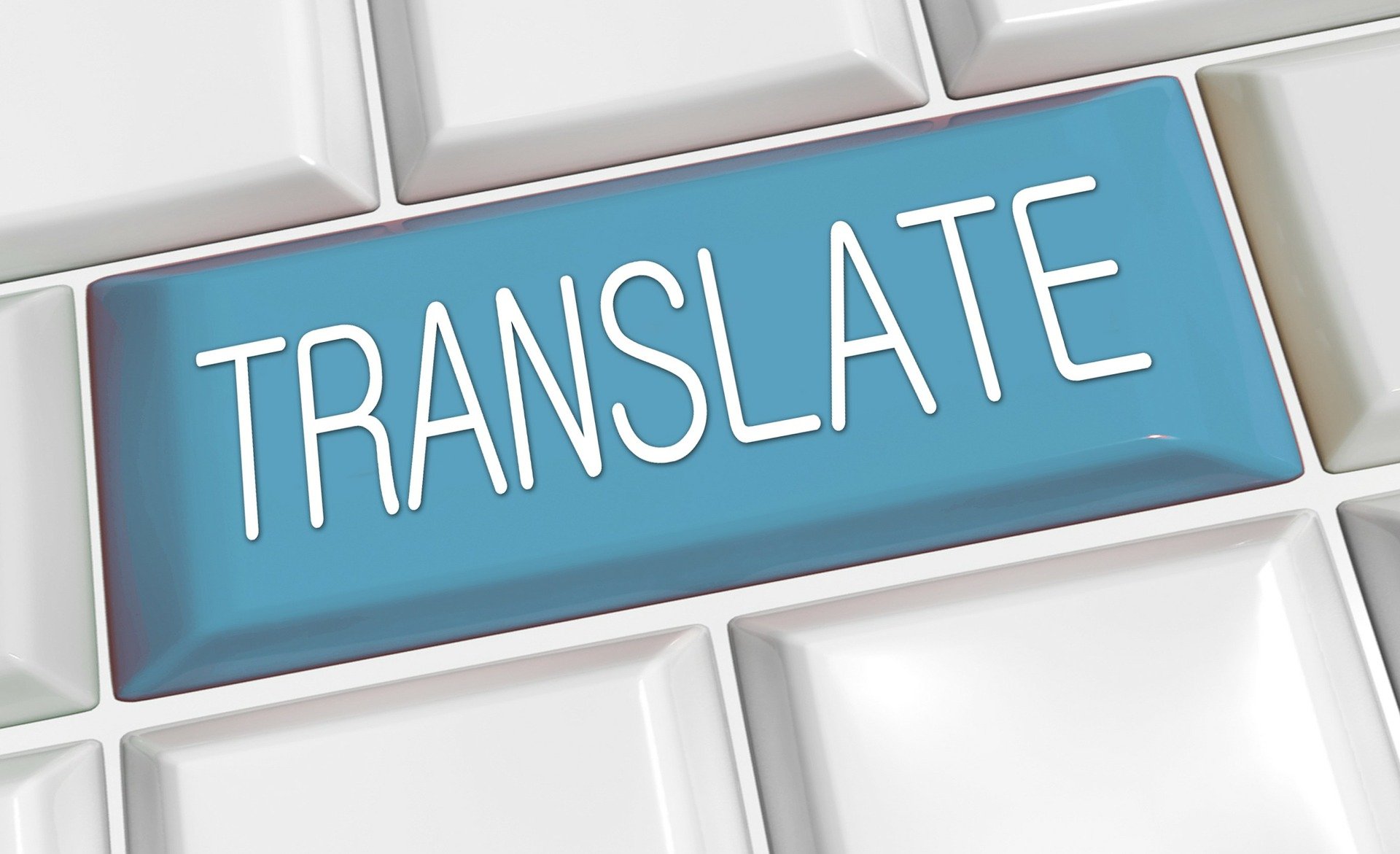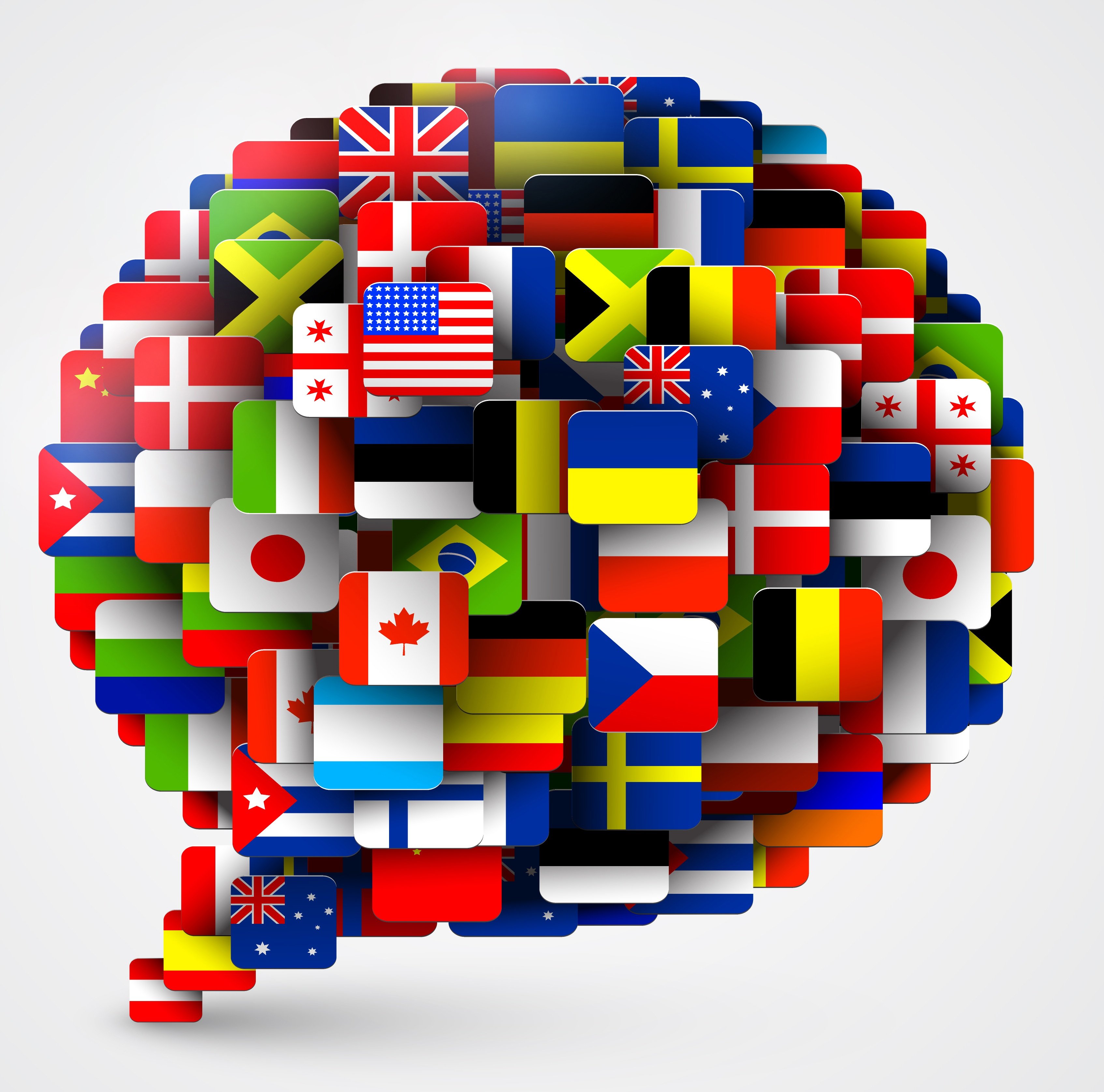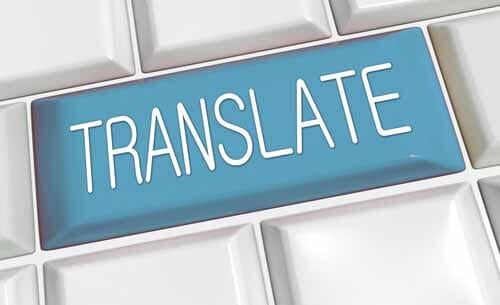Listen to Audio Version:
I was recently asked how to decide whether translating is a good business decision. Before I answered, I asked a few basic questions to get a clearer understanding of her business:
- What does your company do? We compile statistics for clinical trials in the pharmaceutical industry.
- Is the company global? We have a presence in Europe, but we are picking up clients from all over the world.
- Where are your salespeople located? They are both in the U.K. (This tells me they are English speaking.)
- Where are your clients located? Outside of the U.S., we have some in France, some in Germany, but no one in Spain or Asia.
The answers she provided gave me a few clues that suggested translation would be worthwhile. Next, I asked another series of questions that marketing professionals refer to as the 3 C's: Customer, Company and Competitor.
 What You Need to Know About Your Target Customer
What You Need to Know About Your Target Customer
First, let’s focus on questions about the customer:
- Who is the decision maker and does the decision maker speak English? If your decision maker doesn't speak English, then of course you have to translate.
- Does the end user speak English? If you’re selling something that is going to be used by people that don't speak English, then translating is likely a worthwhile decision.
Think about that buyer, the buyer's Journey, and how you're going to attract them, engage them, and delight them. If you think you can do that fully in English, go for it. However, all the research shows that people prefer to do business in their native language. That means there is a much higher likelihood consumers will buy and pay more if you provide materials in their native language.
Questions You Need to Answer About Your Company
Next, focus on questions about the company:
- What type of product or service are you selling? In this case, we were talking about statistical software. Since the words used in the software are pretty similar across all countries, we determined that the platform did not require translation.
- What about the company culture and strategy? Does your senior management team embrace selling internationally? If company leaders think English is the only language and there is plenty of business here in the U.S., you will have an uphill battle to get approval for translations or sales that reach beyond our borders.
- Is your company and your employees prepared to provide multilingual support? If you have customers who don’t speak English, you need to consider how you will service them?
- Informational support: You can easily provide multilingual product information and instructions on your website, so your English-speaking support staff can point people to the help they need online.
- Consultative support: If your business is more interactive with customers, you can:
- Provide a telephone interpreting service that has a third party on the phone to help facilitate the conversation
- Offer a multilingual chat service that can supplement the internal chat representatives you have
- Hire bilingual people to take calls and provide customer support
 Take a Look at the Competition
Take a Look at the Competition
Finally, ask yourself questions about your competitors:
- Are your competitors going global, and if so, what are they translating? For this you’ll want to look at competitor websites, marketing materials, where they hold conferences, etc. If they are doing all of this and you are not, you are losing a ton of business by not translating your material and trying to go after the global market.
What to do if you decide to translate
Now that you’ve answered the important questions and have decided to translate, the first step is to go back to your marketing strategy. Here you will want to look at the buyers and your messaging to determine if what you have will work across the different countries and markets you are targeting.
I hope this gives you a starting place for determining whether translating your materials is a good strategy for your business. If you have questions or need more guidance, we provide free consultations, sign-up today.
Rapport International specializes in multilingual communications, providing language translation and interpretation services that are accurate and culturally appropriate. We use the right voice, correct terminology to avoid liability, customize services to your needs, and deliver on time and within your budget. And with our 100% satisfaction guarantee, you can trust that it’s done right. Contact us today if you would like more information or to get a free quote.
Rapport International specializes in multilingual communications, providing language translation and interpretation services that are accurate and culturally appropriate. We use the right voice and the correct terminology to avoid liability, customize services to your needs, and deliver on time and within your budget. With our 100% satisfaction guarantee, you can trust that it’s done right. Contact us today if you would like more information or to get a free quote.
Popular Posts
Popular industry news, interviews, technologies, and resources.

















